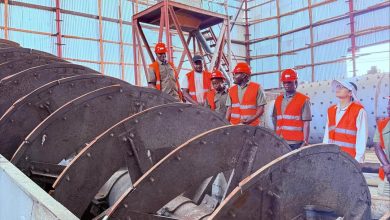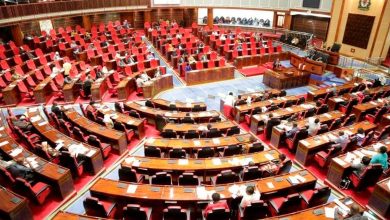Tanzania, UNCDF launch climate risk, vulnerability assessment for LGAs

DODOMA: TANZANIA through a partnership with the United Nations Capital Development Fund (UNCDF), has launched its first-ever Climate Risk and Vulnerability Assessment (CRVA) for Local Government Authorities (LGAs) in both Mainland Tanzania and Zanzibar.
The comprehensive report provides science-based mapping of climate threats at the local level, identifying hotspots where risks and vulnerabilities intersect.
The goal is to guide smarter, targeted investments in climate adaptation, especially in sectors like agriculture, health, fisheries and infrastructure.
Officials described the assessment as a “game changer” that will help ensure climate finance is directed where it is most urgently needed.
Speaking during a stakeholders’ session on the CRVA findings, Assistant Director of the Regional Administration Department (Economy and Coordination of Production Sectors) in the President’s Office, Regional Administration and Local Government (PO-RALG), Enock Nyanda praised UNCDF and technical experts for conducting in-depth studies to inform climate action.
ALSO READ: Tanzania-Kenya agricultural cooperation helps to cope with climate change
“This session has shown us how to align our short-, medium- and long-term development plans with the National Vision 2050,” he said. “The CRVA replaces guesswork with evidence-based data, improving how we plan for climate impacts.”
Echoing this, Chief Forestry Officer in the Vice-President’s Office, Mr Sanford Kway said the report had undergone thorough review to ensure consistency with national climate policies and strategies.
“I’m very pleased with the integrity of this report. It lays a strong foundation for building resilience in our communities and across the country,” he said.
The CRVA is designed to equip policymakers, planners and communities with actionable data for location-specific solutions, from drought-resilient farming systems to flood-resistant infrastructure.
Tanzania faces escalating climate threats, including prolonged droughts, erratic rainfall and coastal flooding, all of which jeopardise major sectors such as agriculture, tourism and water supply. Studies suggest that unchecked climate impacts could shrink the country’s GDP by up to 4 per cent by 2050.
Dr Aine Mushi, UNCDF National Coordinator for the Local Climate Adaptive Living Facility (LoCAL), emphasised the importance of linking knowledge with funding.
“Knowledge without funding is ineffective, and funding without knowledge is wasteful,” she said. “The CRVA provides the knowledge. LoCAL delivers the funding. Together, they form a powerful engine for locally-led, accountable and effective adaptation.”
Since its launch in 2018, the UNCDF-LoCAL programme has expanded from three to 21 districts, with eight councils already implementing climate resilience projects.
The initiative supported by the European Union, Norway, Belgium and Ireland, offers a combination of technical assistance and performance-based climate resilience grants.
During the pilot phase, each council received 114m/-, while the second phase has mobilised 2 million US dollars (about 5.5bn/-) to support participating LGAs.





